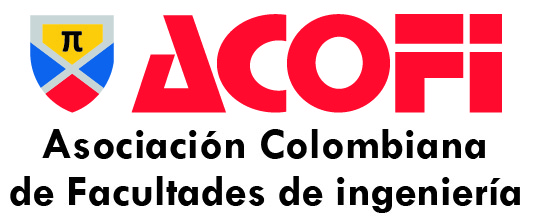An alternative evaluation of formative learning in students. A case study from the course of informatic ethics
DOI:
https://doi.org/10.26507/rei.v7n13.172Keywords:
formative learning, personal growth, higher education, learning assessmentAbstract
In order to encourage an approach to assessing the level of learning and personal growth formative developed by the students was implemented an evaluation system which was applied in the subject of Ethics Informatics Engineering degree in Informatics Science from the Universidad de las Ciencias Informáticas, La Habana, Cuba.
Participated in the research 30 students from the 5th year of College 6 of that institution, the indicators used to assess formative learning and personal growth of students were: a) student participation in the evaluation process and their level of cognitive independence, b) the level of student responsibility (responsibility in education), and c) the comprehensive assessment, results of co-evaluation and self-evaluation, and integration with the teacher's assessment under the theoretical foundation of learning formative and personal growth.
The proposed parameterization of the evaluation was implemented identified as student had gone through each of the activities of teaching-learning process, showing the development of their capabilities, skills, habits, beliefs and values, leading to enrichment in theory of alternative evaluation procedures.
Downloads
References
Álvarez, I. (2008). Evaluación del aprendizaje: una Mirada retrospectiva y prospectiva desde la divulgación científica. Revista Electrónica de Investigación Psicoeducativa, 14(1), 235-272.
Bermúdez, Raquel & Pérez, Lorenzo Miguel (2004). Aprendizaje Formativo y Crecimiento Personal. Editorial Pueblo y Educación. La Habana. Cuba. ISBN 959-13-1157-5
Bleske-Recheck, A., Zeug, N. & Webb, R. (2007). Discrepant performance on multiple-choice and short answer assessments and the relation of performance to general scholastic aptitude. Assessment and Evaluation in Higher Education, 32(2), 89-105.
Boud, D. y Falchikov, N. (1989). Quantitative studies of self-assessment in higher education: a critical analysis of findings. Higher Education, 18, 529-549.
Coll, C., Rochera, M. J., Mayordomo, R. & Naranjo, M. (2007). Evaluación continua y ayuda al aprendizaje. Una experiencia de innovación en Educación Superior con ayuda de TIC. Electronic Journal of Research in Educational Psychology,5(3), 783-804.
Darby, J. (2007). Evaluating course evaluations: the need to establish what is being measured. Assessment and Evaluation in Higher Education, 32(4), 441-455.
Dochy, F., Segers, M. & Sluijmans, d. (1999). The Use of Self-, Peer- and Co-assessment in Higher Education: a review. Studies in Higher Education, 24(3), 331-350.
Jones, P., Laufgraben, J. & Morris, N. (2006). Developing an empirically based typology of attitudes of entering students toward participation in learning communities. Assessment and Evaluation in Higher Education, 31(5), 249-265.
Keppell, M., Au, E. & Chan, C. (2006). Peer learning and learning-oriented assessment in technology-enhanced environments. Assessment and Evaluation in Higher Education, 31(4), 453-464.
Leach, L., Neutze, G. & Zepke, N. (2001). Assessment and empowerment: some critical questions. Assessment and Evaluation in Higher Education, 26(4), 293-305.
Romer, T. (2002). Situated learning and assessment. Assessment and Evaluation in Higher Education, 27(3), 233-241.
Silén, Ch. (2006). The Tutor’s Approach in Base Groups (PBL). Higher Education, 51(3), 373-385.
Stowell, M. (2004). Equity, justice and standards: assessment decision making in higher education. Assessment and Evaluation in Higher Education, 29(4), 495-510.
Taras, M. (2002). Using assessment for learning and learning from assessment. Assessment and Evaluation in Higher Education, 27(6), 501-510.
Woolf, H. (2004). Assessment criteria: reflections on current practices. Assessment and Evaluation in Higher Education, 29(4), 479-493.
Downloads
Published
How to Cite
Issue
Section
License
Total or partial reproduction of the documents published in the journal is authorized only when the source and author are cited.
| Article metrics | |
|---|---|
| Abstract views | |
| Galley vies | |
| PDF Views | |
| HTML views | |
| Other views | |









